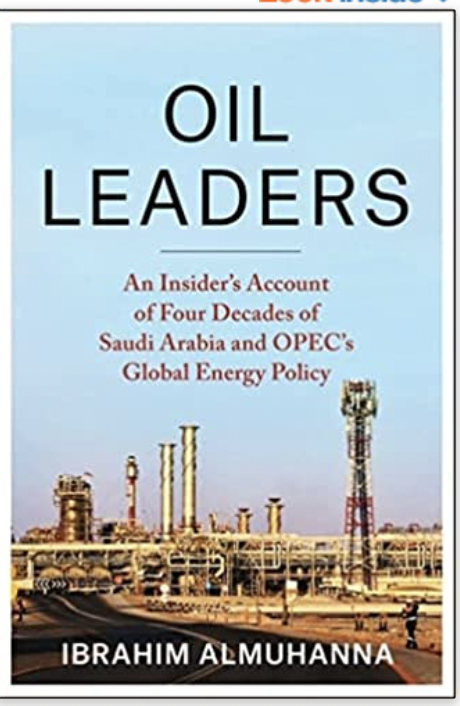
Global impact on Opec‘s constraints on supply, and US Shale profiteering


In the past when the oil prices rose, Saudi Arabia, which sits on an estimated 80 years of oil reserves at the current rate of production, came to the rescue with a positive response, but during the 2008 spike that pushed the oil to $147 per barrel, Riyadh’s oil ministry formed a team to protect consumers – and the kingdom – from the high prices.
Ibrahim AlMuhanna, a former adviser at the Saudi oil ministry from 1989 to 2017, and vice chair for the Gulf States/Middle East at the World Energy Council writes in Oil Leaders, “They accepted their mission because they believed that high and uncontrolled prices were not good for Saudi Arabia, especially in the long term”. It is Saudi Arabia, after all, that pulls the strings in Opec – which observers have likened to managing a pirate ship- and controls the largest bloc of the spare oil-production capacity of any oil producer.
Saudi Arabia’s actions and words can move the market, as when the Saudi act, they and their cartel brethren can provide relief to stressed-out oil consumers. When they don’t, such as in the wake of the Russian invasion of Ukraine, oil consumers must take it upon themselves to find ways to cope with high prices, mostly by consuming less.
AlMuhanna’s message is just how far the Kingdom’s refusal to bring on the spare capacity to calm rampaging prices has strayed from its formalised energy strategy dating back to two decades, a policy highlighted in 2012, by then oil minister Ali Al-Naimi, who declared that high prices were not just bad for customers. “ A period of prolonged high prices is bad for all oil-producing nations including Saudi Arabia, and they are bad news for energy industry more widely, as high prices ultimately destroy demand”.
The nearly 10 million barrels a day of oil production taken offline in 2020 is being restored at a steady rate of under 500, 000 barrels per month. While Opec which includes 10 additional members to the cartel’s core 13 – was never a paragon of discipline. AlMuhanna writes, “ when prices were high, the Opec’s job was too help stabilise the oil market and bring oil prices down”.
American presidents are handled with kid-gloves as Barack Obama’s disdain for the Saudis goes unmentioned, but AlMuhanna wrote that the US president got special assistance from Al Naimi, “whose goal was to moderate oil prices in part to help President Obama win his second term election”. Donald Trump, however, is lauded for phone diplomacy that resolved the 2020 Opec price war and for being close to King Salman and Crown Prince Mohammed bin Salman, with whom he shared “similar opinions on many issues”.
AlMuhanna writes “ the initial meeting with oil minister Prince Abdulaziz focused on renewables and climate, ignoring the international oil market”. In the context of US gasoline nudging $5 a gallon, no other country in the region is a better US ally than Saudi Arabia- even if Riyadh’s fealty is not always reciprocated. A proposed “Nopec” bill would allow US courts to prosecute oil-market manipulation by sovereign governments. The former oil adviser is too polite to say that US shale producers’ free riding on Opec cuts makes them one of the cartel’s chief beneficiaries. Without Opec constraints on supply, prices would fall and shale could not compete.
The Saudi perspective is a useful reminder that even friendly countries see the world differently, Hugo Chávez and Vladimir Putin are portrayed in far more positive strokes than any western analyst, while Saudi overtures to Russia are given plenty of space.
AlMuhanna notes that the rise of US Shale had undermined Opec’s market power to the extent that enlarging the cartel was the only way to retain relevance. The onset of Moscow-Riyadh leadership and the Opec+ cartel is treated as a truly momentous event reshaping oil markets, streamlining decision making, and sharpening quota enforcement. AlMuhanna’s revelations of governance and diplomacy are gold dust.
Oil Leaders: An Insider’s Account of Four Decades of Saudi Arabia and OPEC’s Global Energy Policy by Ibrahim AlMuhanna, Columbia University Press £28/ $35.
